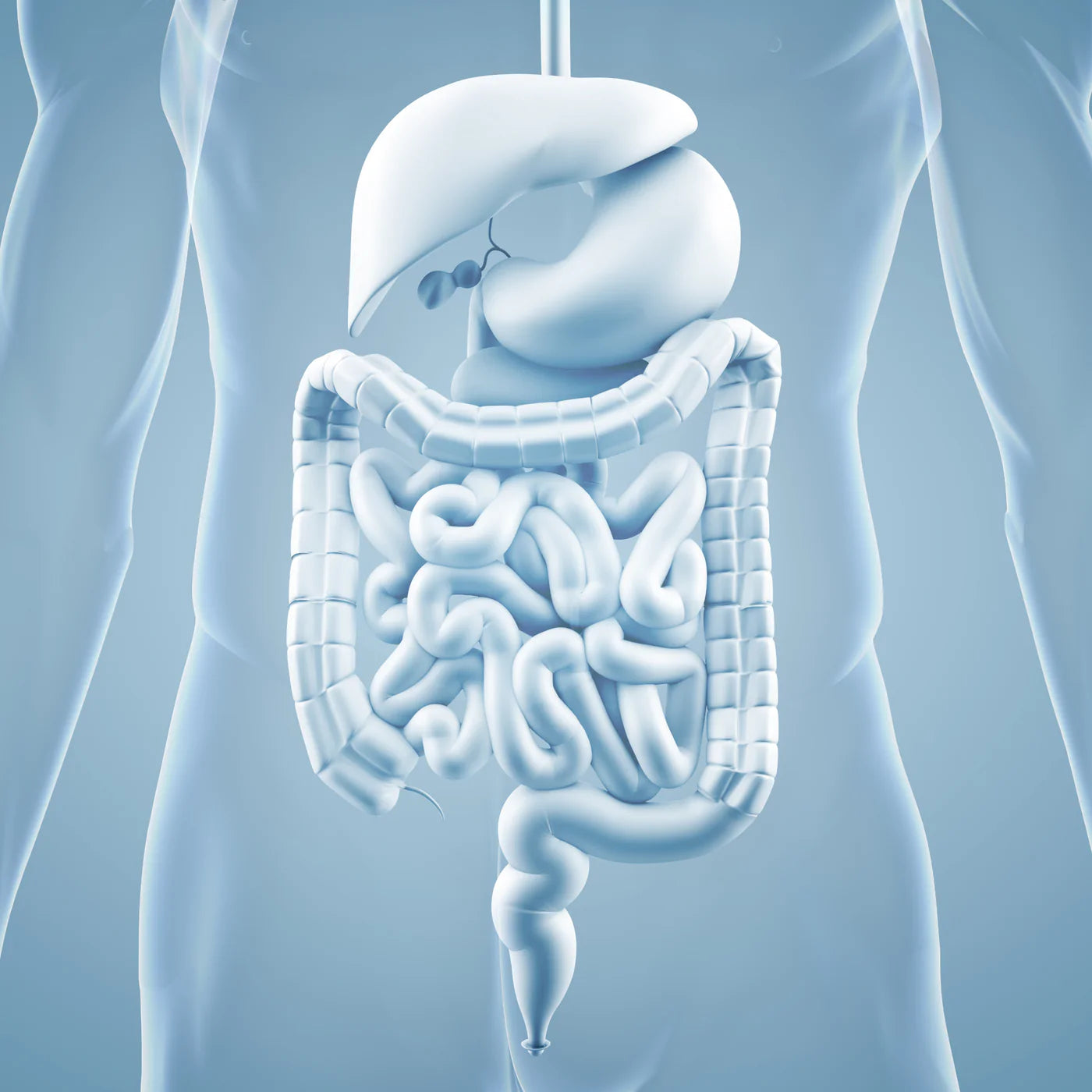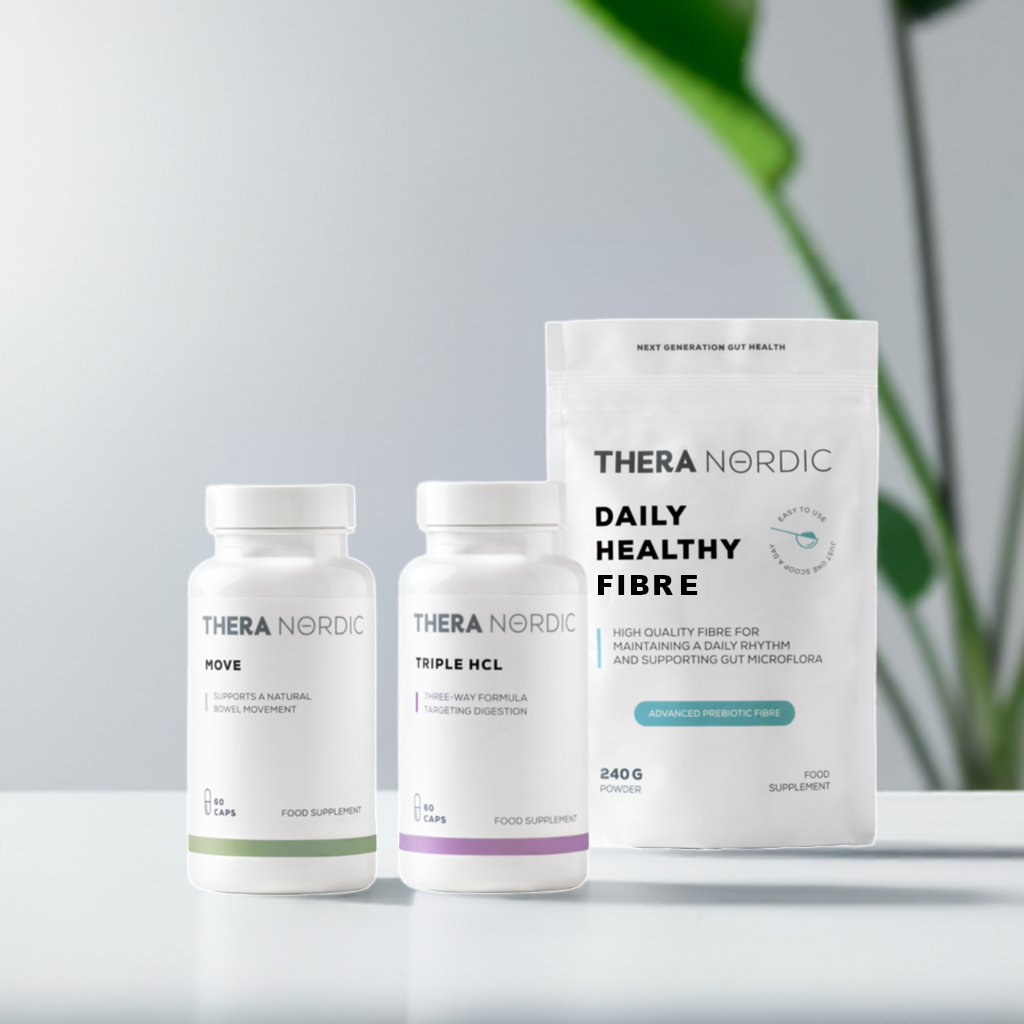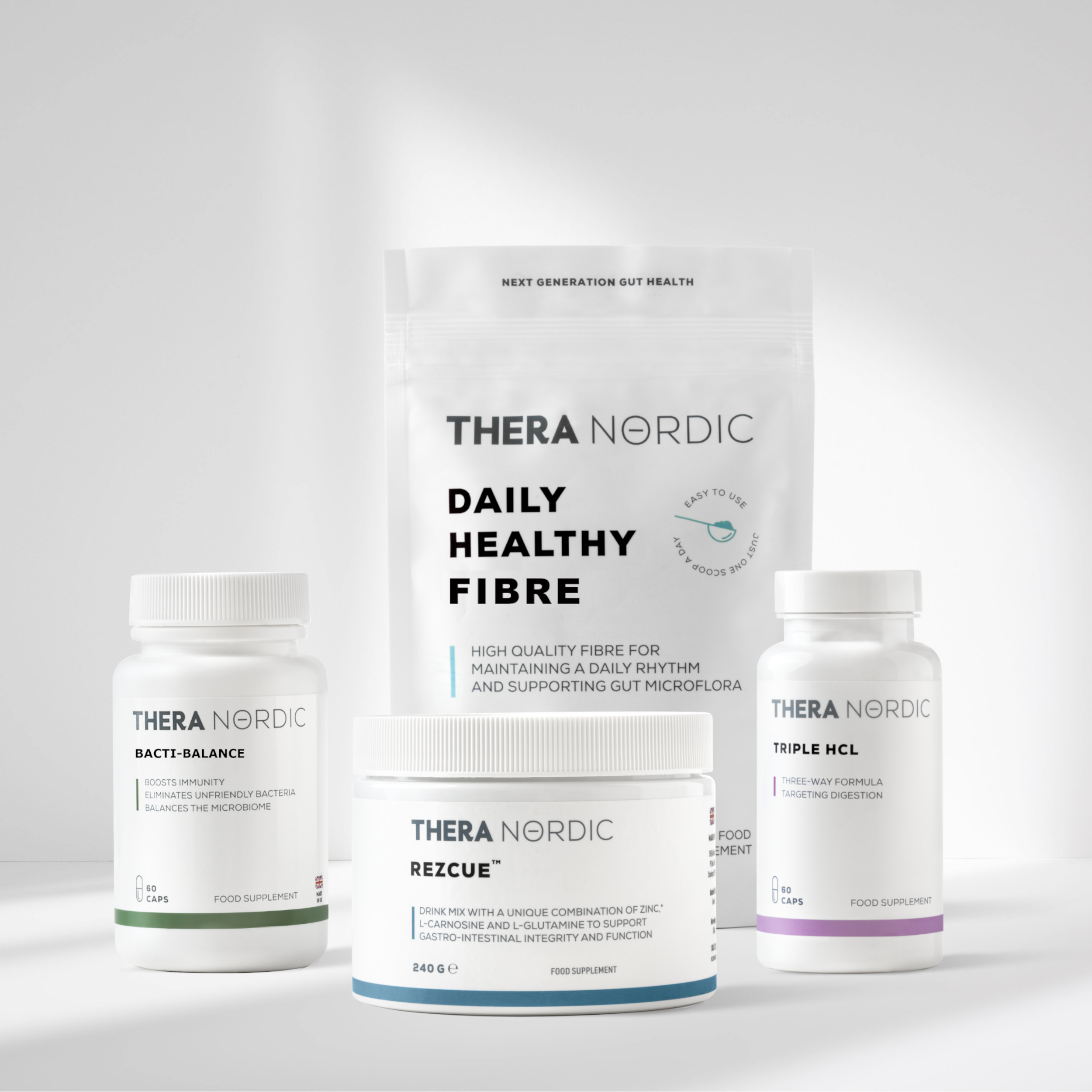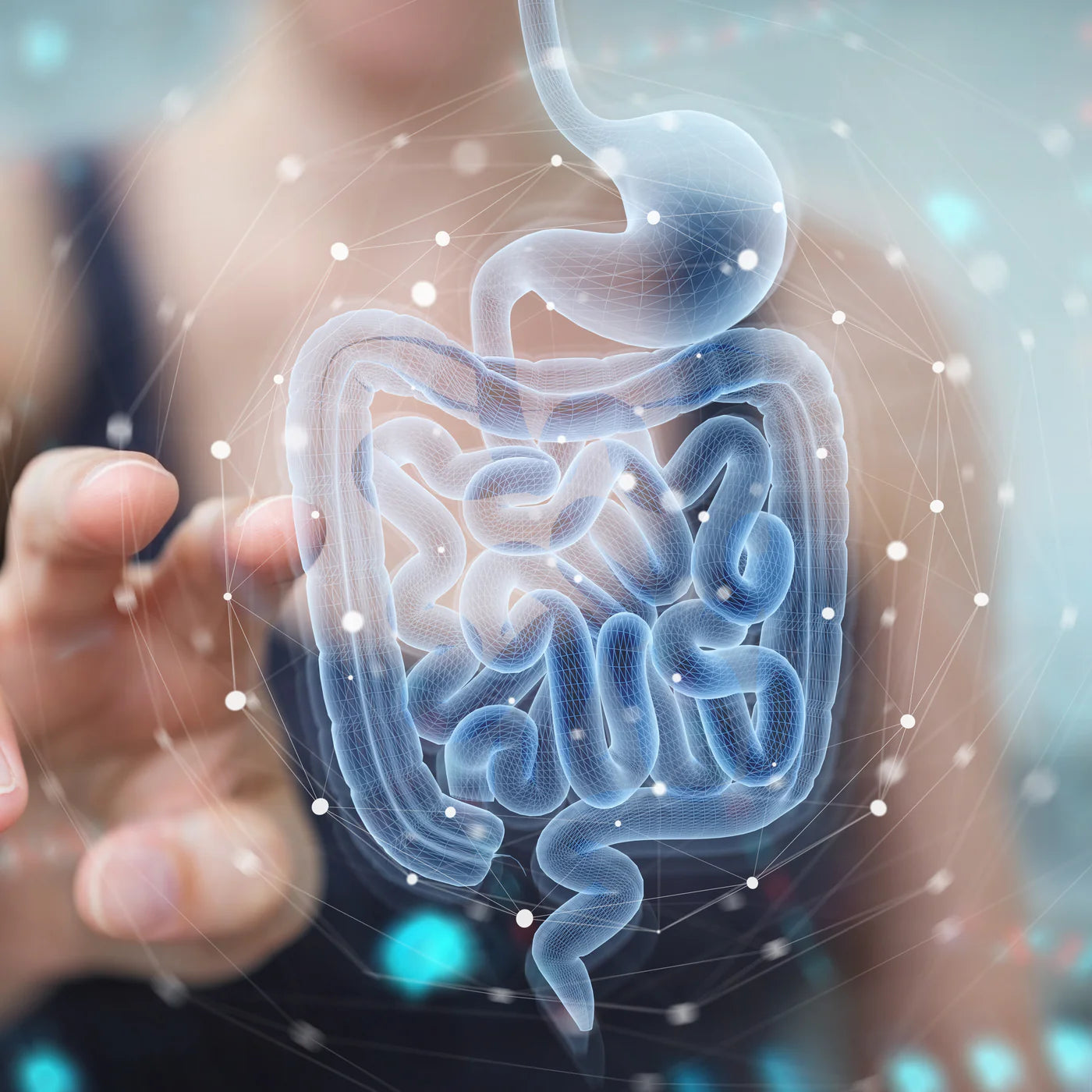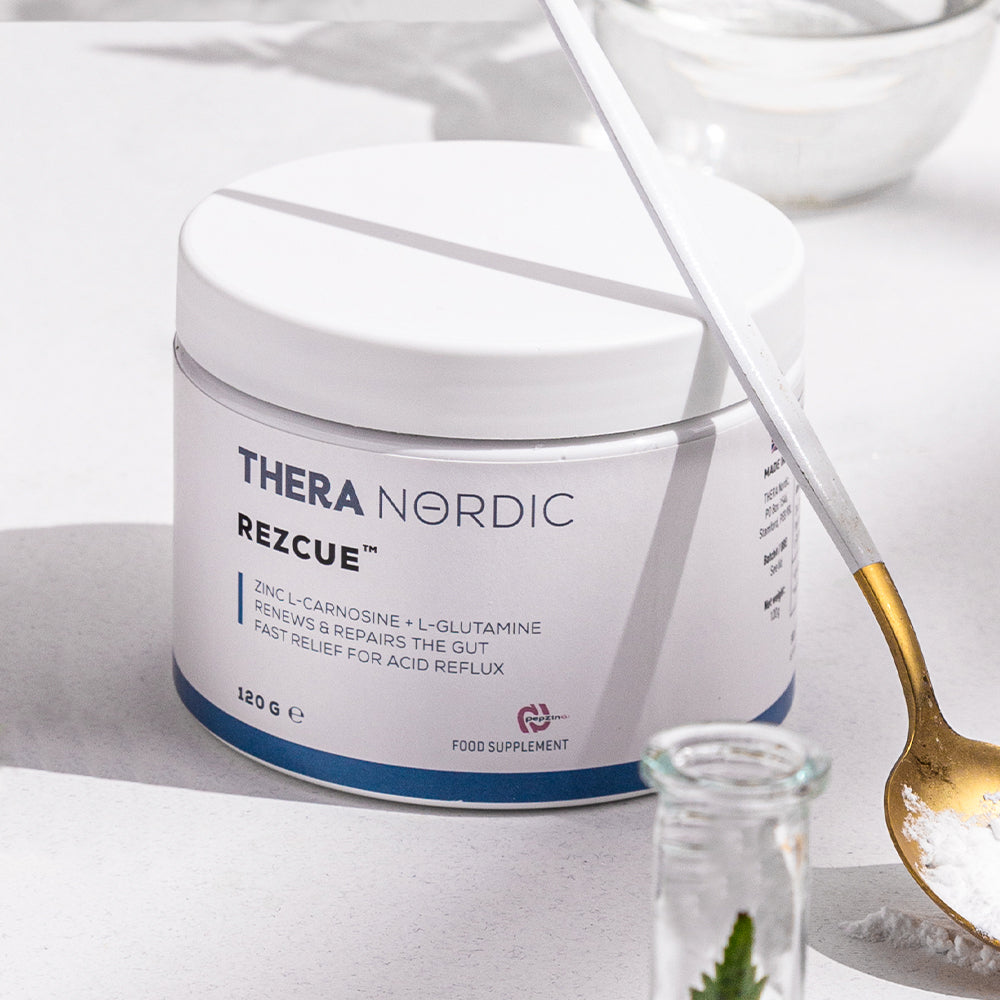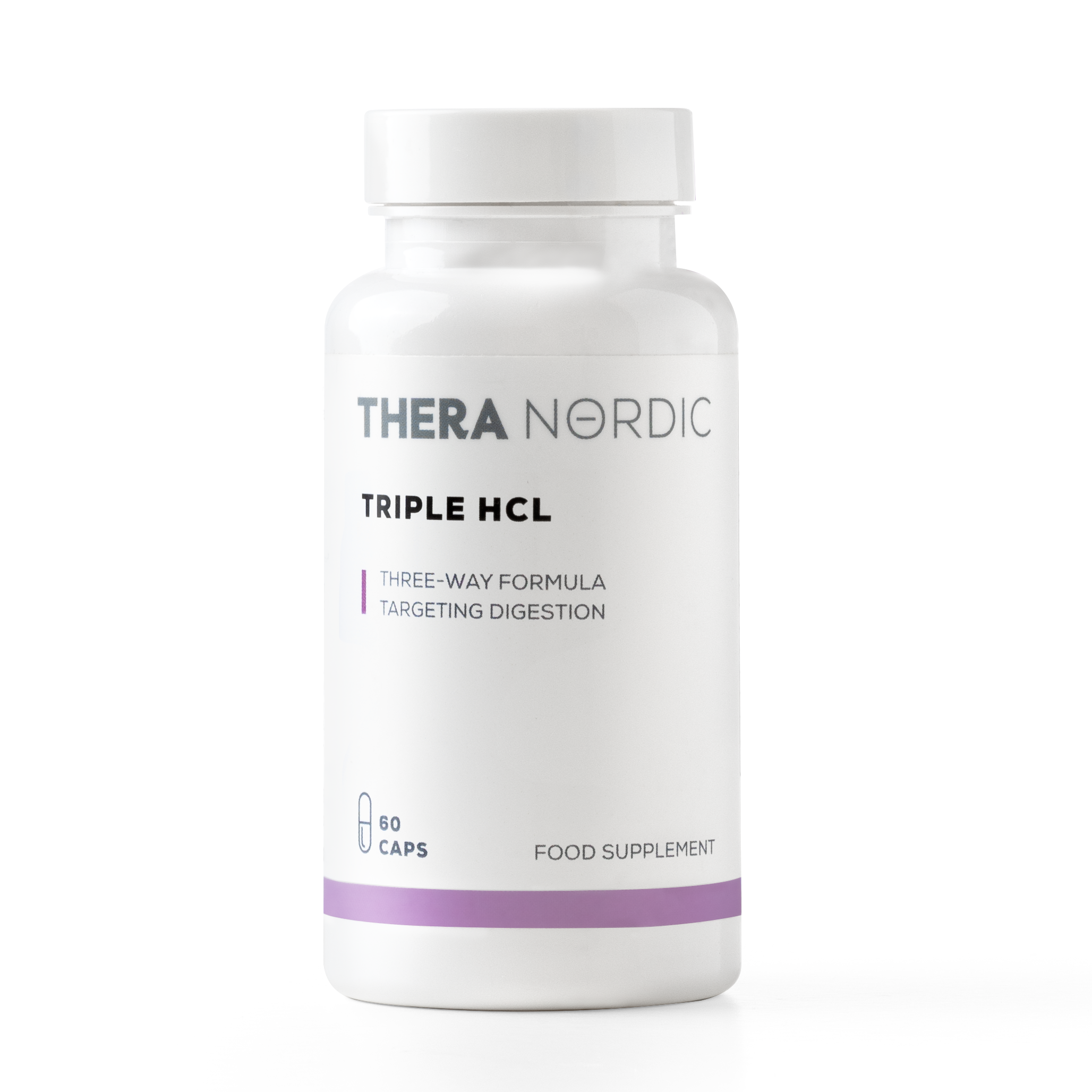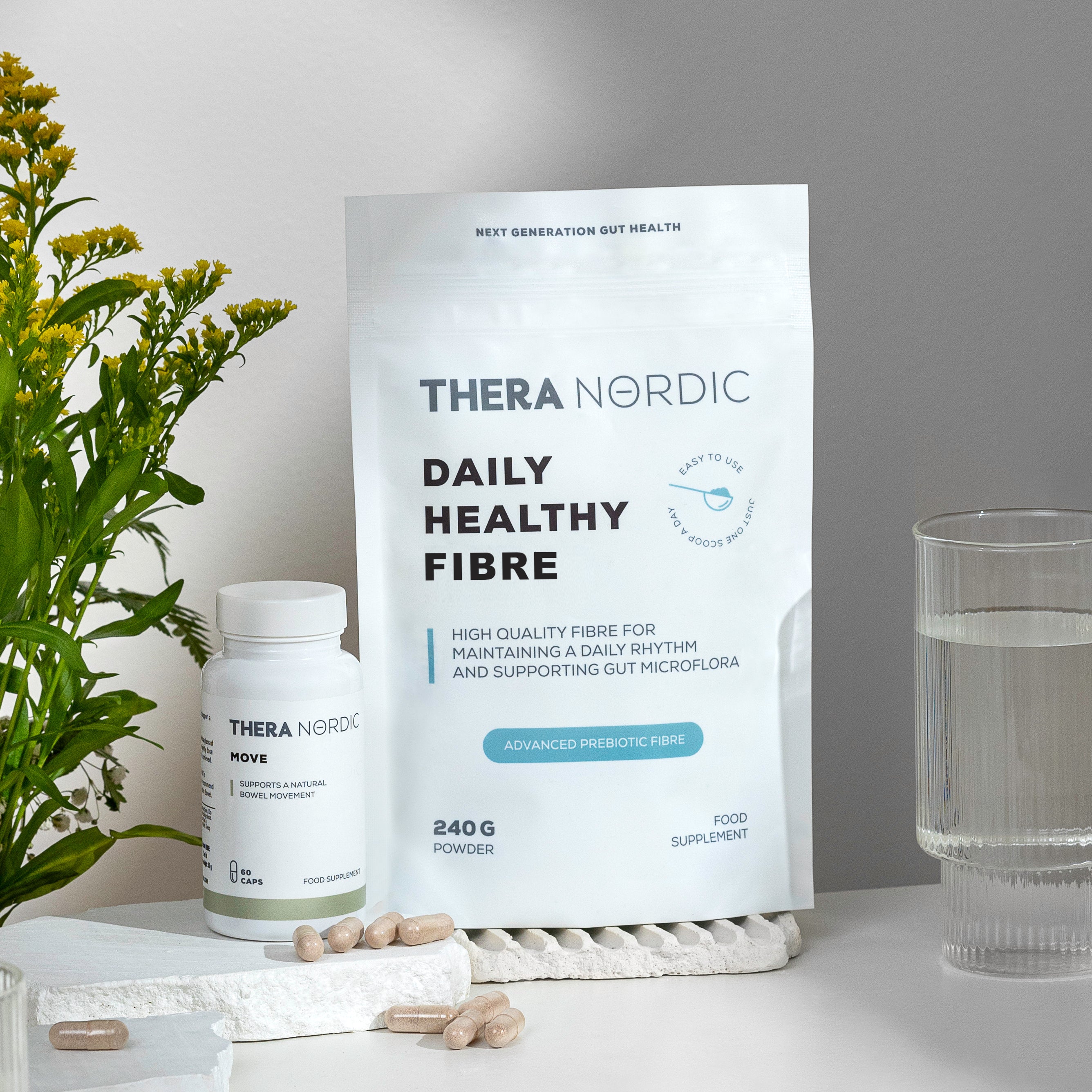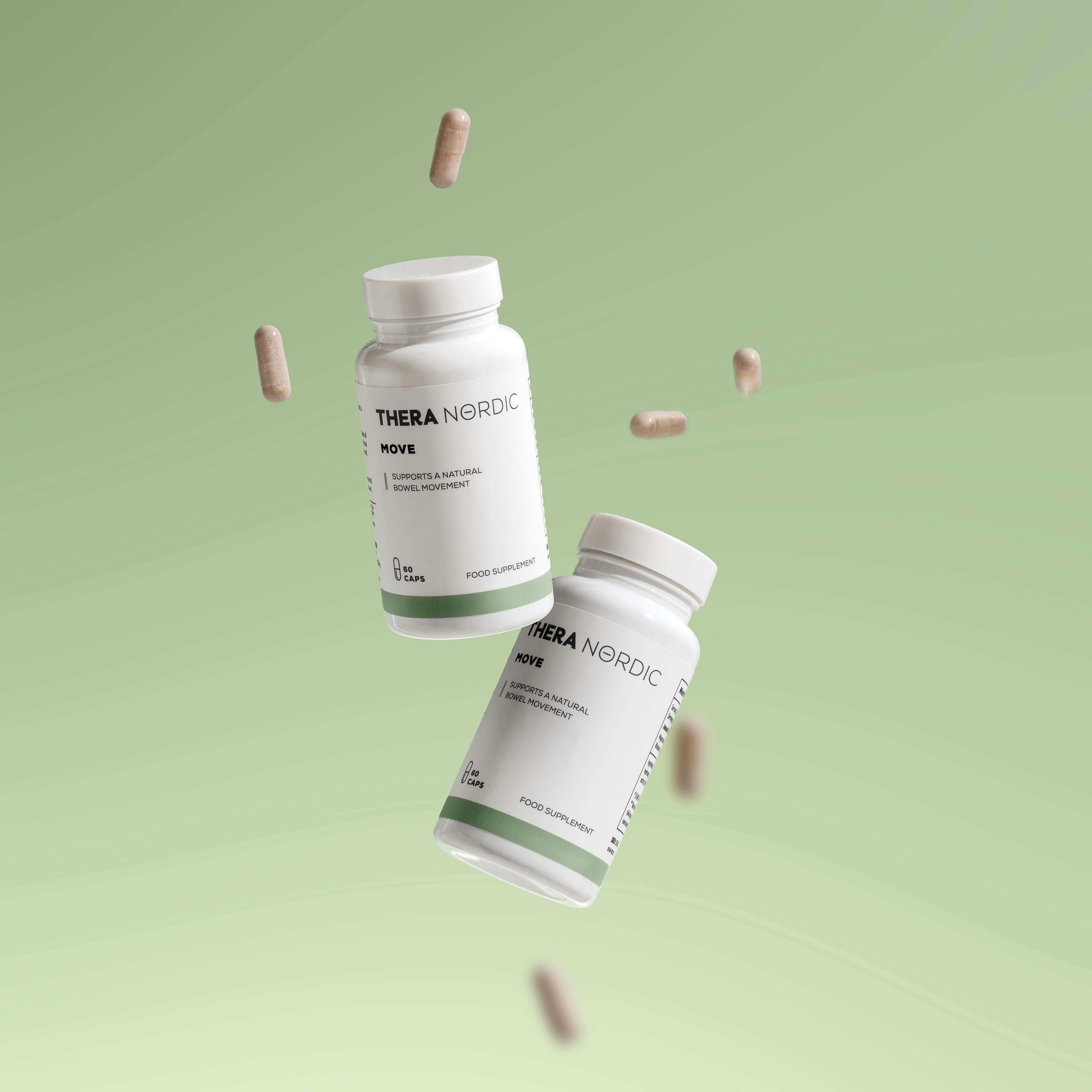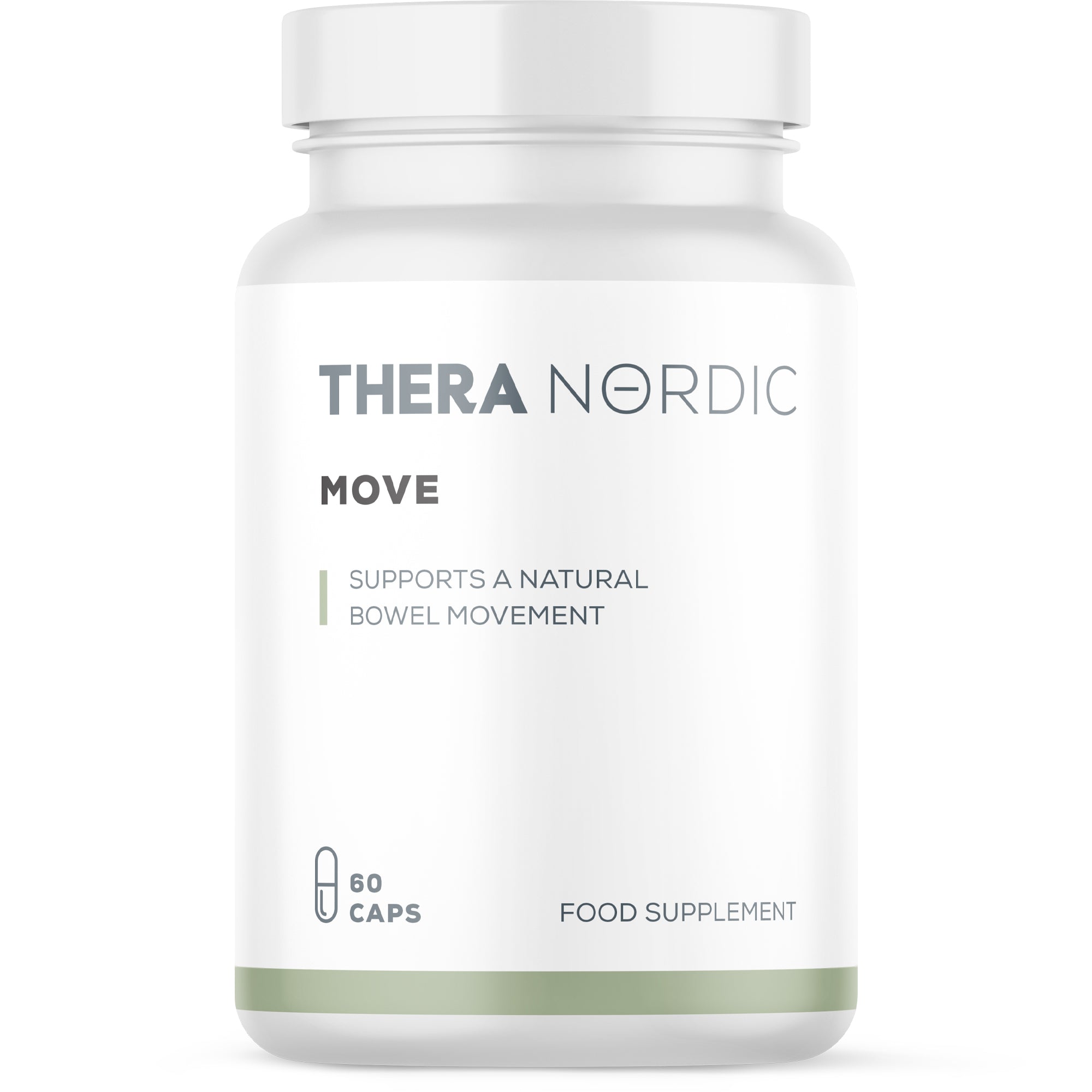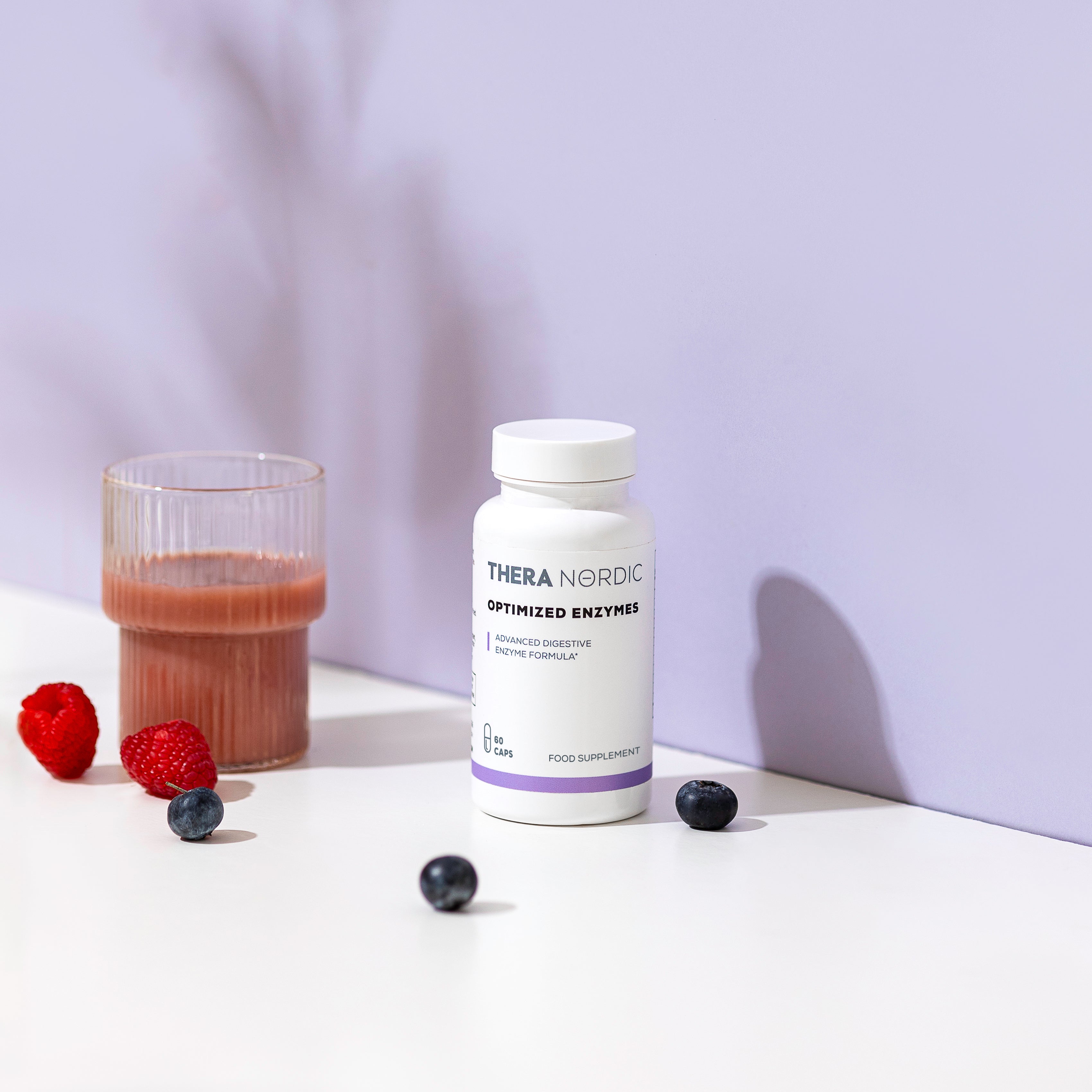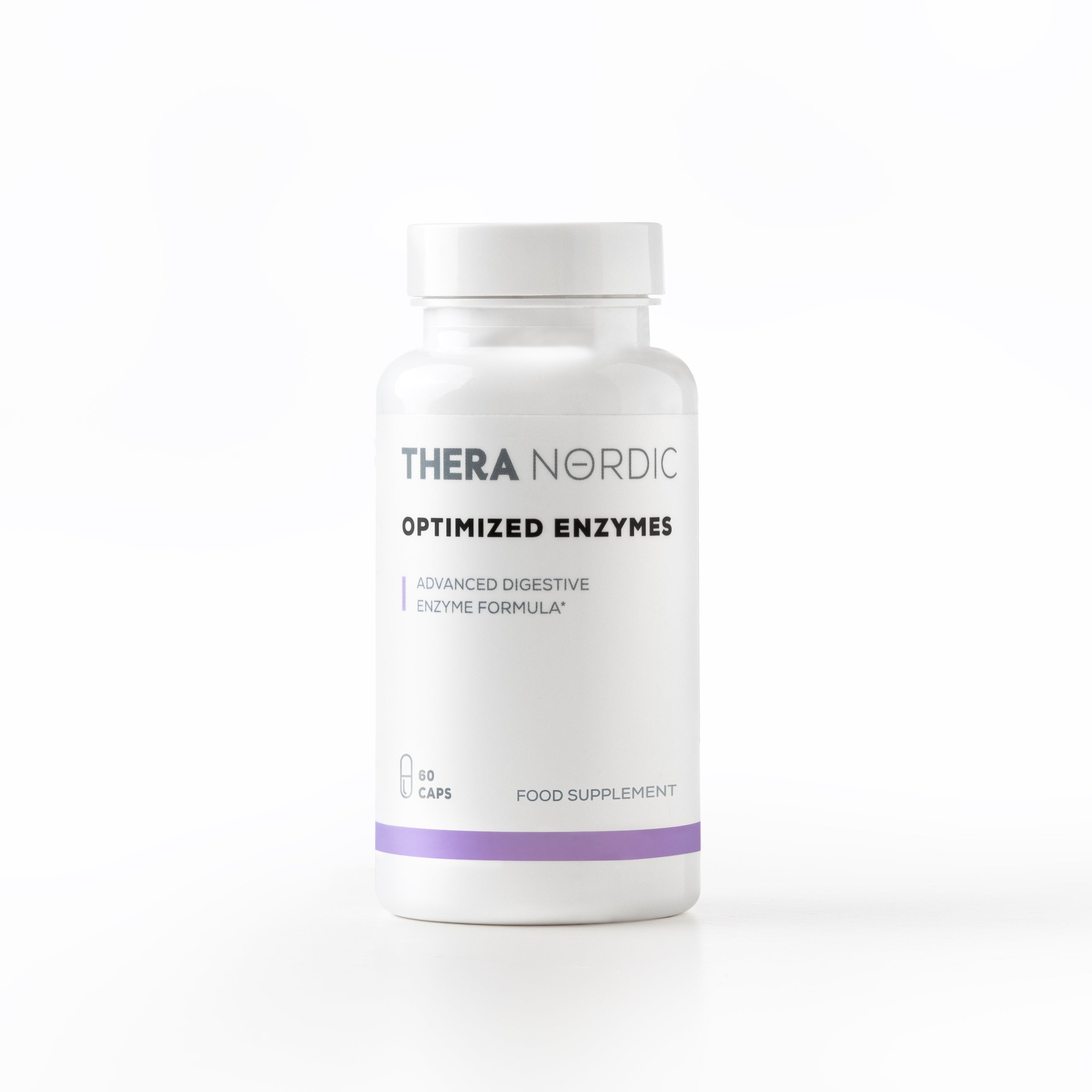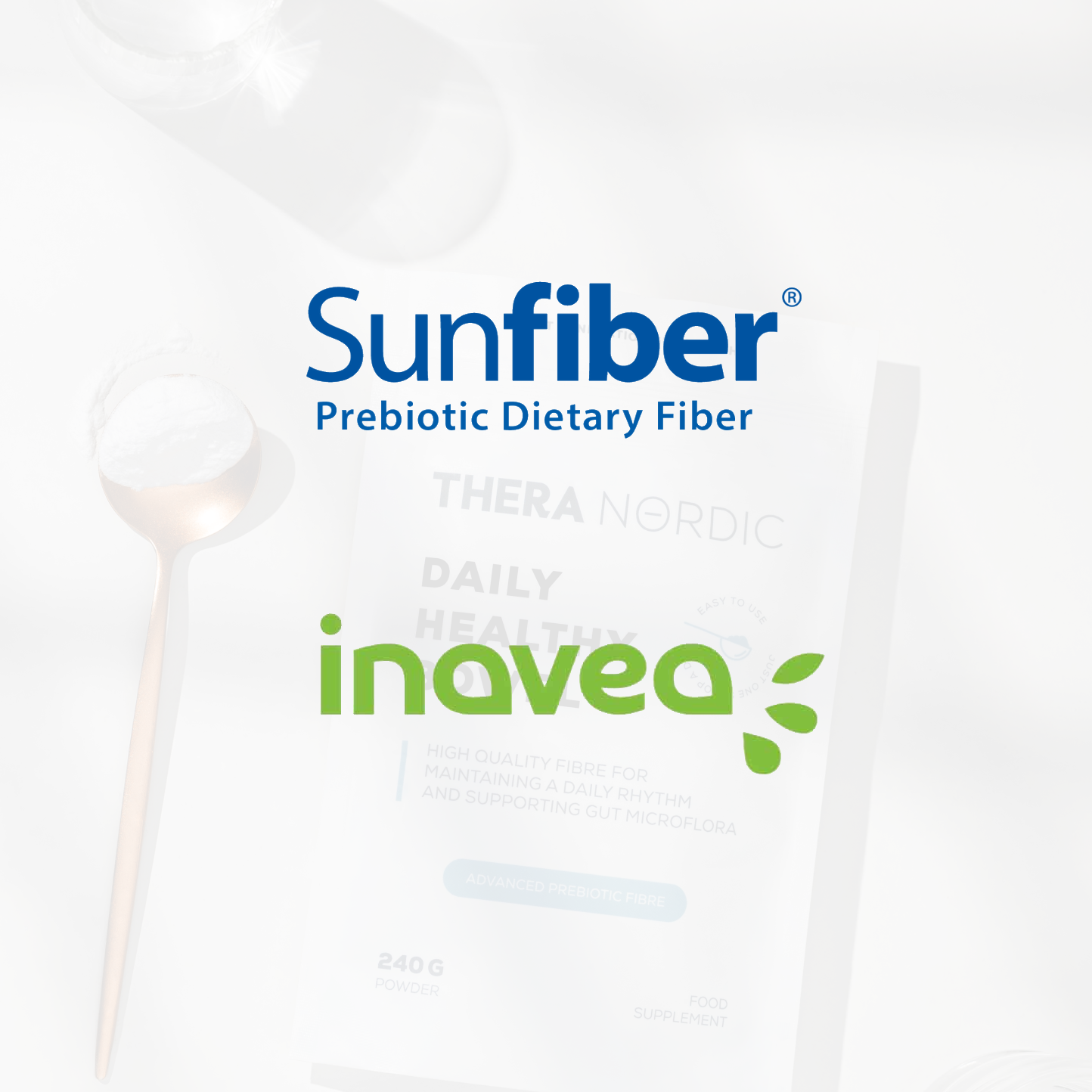Menopause is as simple as just the infamous hot flashes and some irritability, right? Well, both the personal experience of millions of women and the mounting scientific evidence says there is a lot more to it. The hormonal changes of perimenopause and menopause might very well be at the root of digestive issues that might have seemed to come out of nowhere.
Constipation, bloating, and gas often accompany perimenopause and menopause due to hormonal changes, though other factors can contribute as well. To alleviate these symptoms, lifestyle adjustments and natural remedies can be beneficial, without necessarily relying on recommended supplements.
During perimenopause, fluctuating levels of oestrogen and progesterone can disrupt digestion. Fluctuating oestrogen levels can reduce cortisol, potentially leading to constipation, bloating, and gas. Similarly, fluctuating progesterone levels may slow gut movement, exacerbating constipation and bloating.
Essentially this means that after certain age, even for those who have never experienced issues in the past, can begin to suffer from poor digestive health and you need to take action to resolve it. The good news is there is a lot we can do!
What can you do about constipation during perimenopause and menopause?
To address constipation, looking at your diet is the first step.
- Double your fibre: Start looking at the fibre content in foods, and aim to double the amount of grams of fibre you take daily.
- Take the right fibre: Increasing fibre intake through whole foods like grains, fruits, vegetables, nuts, and seeds is the best way.
- Consider supplementing your fibre: You could also consider supplementing your fibre intake with Daily Healthy Fibre.
- Drink one more litre of water per day: The other critical factor is getting enough water, since it is the combination of fibres and water that move the contents of the bowel. Aim to drink at least one litre more water in a day.
What to do about the bloating and gas?
As well as constipation, bloating and gas can be a real issue during perimenopause and menopause. But the good news is there are a number of actions you can take to help.
- Identifying trigger foods: Particularly those high in FODMAPs or lactose, and eliminating them gradually can alleviate symptoms. You can easily find lists of high FODMAP foods by doing a simple Google search. Here's a good list for example.
- Introduce some different exercise: In addition to dietary changes, incorporating regular aerobic exercise, yoga, pelvic floor exercises, and abdominal massage can help manage digestive issues.
- Consider herbal remedies: Herbal remedies like peppermint oil, ginger powder, and chasteberry may provide relief as well.
- Take a prebiotic fibre: For example, supplement your fibre intake with our Daily Healthy Fibre to feed the good bacteria which will help to keep you regular and balance your blood sugar levels.
- Use targeted supplements to boost your digestive health: Taking Optimized Enzymes to help aid digestion can really help the process too. Or for some its taking Triple HCL to boost the body's natural production of stomach acid that can really help to improve some of the digestive issues.
- Staying hydrated is crucial: Dehydration can exacerbate constipation and bloating. Drinking an adequate amount of water daily, along with consuming liquids from tea, coffee, and hydrating fruits and vegetables, supports digestive health.
While these measures can often alleviate symptoms, consulting a doctor is advisable if symptoms persist, worsen, or are accompanied by concerning signs such as weight loss or blood in your stool.
In summary, addressing hormonal fluctuations and lifestyle factors through dietary adjustments, exercise, hydration, and natural remedies can effectively manage constipation, bloating, and gas during perimenopause and menopause.
For further information on how our products can help target some of the common symptoms of perimenopause or the menopause, please see our "Supporting you during the menopause" page.




